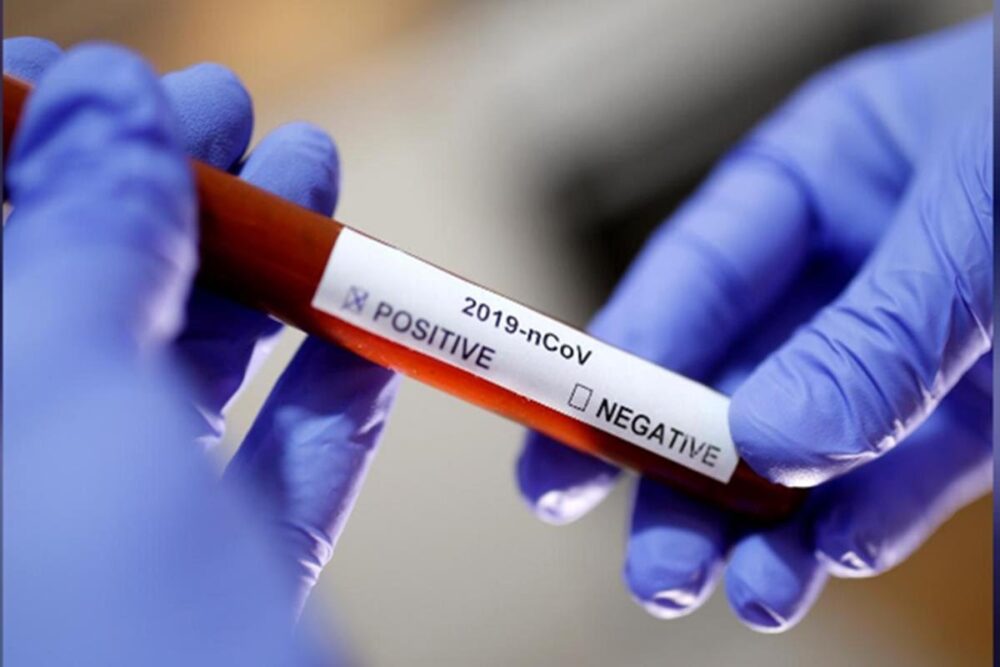On May 25, Indian Council of Medical Research (ICMR) director Balram Bhargav, in his letter to states, mentioned that since the availability of COVID-19 testing kits is no longer a problem, the maximum resale price of testing kits can be dropped. Yet ICMR official refuses to clarify the lower price rate, instead, leaves it on states and UT administrations to negotiate it with private laboratories on their own and fix up mutually agreeable prices.
“So plain-spoken as it may seem, in practice, it is anything but” learnt The Wire. It spoke to several officials at private laboratories in different parts of the country. They say the costs of tests are unlikely to come down because of ICMR’s new decision.
“We are good at testing but not understanding advisories that keep changing every day,” says a South Indian Lab owner while speaking to The Wire.
“Everyone is issuing their own orders including states, municipalities, and the government at the centre. We find it impossible to abide by all of them. There should be a single point contract for private labs,” he added further.
ICMR’s vague attempt to lower the cost on an arbitrary basis in one hand may incentivize private groups to grow business. On another hand, it may complicate conditions for testing even further.
The owner of a private laboratory in North India says if the government really wants to cut the cost of testing, why we are paying GST on every part of every equipment that we use – 5%, 12%, and even 18% on certain items.
ICMR had claimed to have fixed the price cap of Rs 4,500 on the basis of the costs of doing testing in government labs, while the estimated cost was substantially lower according to the All India Drug Action Network. Yet, no explanation has come out for setting the price so high in the first place, says Malini Aisola, the co-convenor of the All India Drug Action Network.
Lower testing rate means higher costing rate
According to statista.com, there are 428 government testing laboratories along with 182 private laboratories across the country, currently designated for COVID-19 testing. India’s private labs account for less than 20% of all tests being conducted but account for nearly a third of total testing infrastructure according to Indian Express.
The wire learns that the cost of a single test depends on how many tests the lab conducts in a day. If the number of samples that have to be tested increases, the cost is distributed because there is a fixed cost, they have to pay to the highly skilled workers collecting samples and conducting tests.
“On average, I am testing less than 100 samples a day because the caseload is not that high in our state, and because of government restrictions. The cost for me is more than for labs that are testing, say, 500 or 1,000 samples a day,” says the owner of a private laboratory in one of North India’s smaller states, while speaking to The Wire.
A former Professor at Jawahar Lal Nehru University, K. J. Mukharjee, who suggested using the pooled-testing technique in his article on The Wire Science, on April 21, says, using this technique, each PCR (Polymerase Chain Reaction) machine and trained manpower can run thousands of tests in one day and that can be further translated into lakh of tests per day and the cost per sample would also reduce drastically to a couple of hundred rupees only– clearly enough to resolve both the problems of lower testing and higher costing rates.
He asserts that private labs have been able to use 50% of its testing capacity that they already have because there are too many rules, restrictions, and government controls. And only if they are allowed to exercise their full potential, Pvt. Labs can double its capacity.
Relaxing testing criteria only is the good thing for all and doing so will allow more people tested, yielding a true picture of India’s COVID-19 infection.




